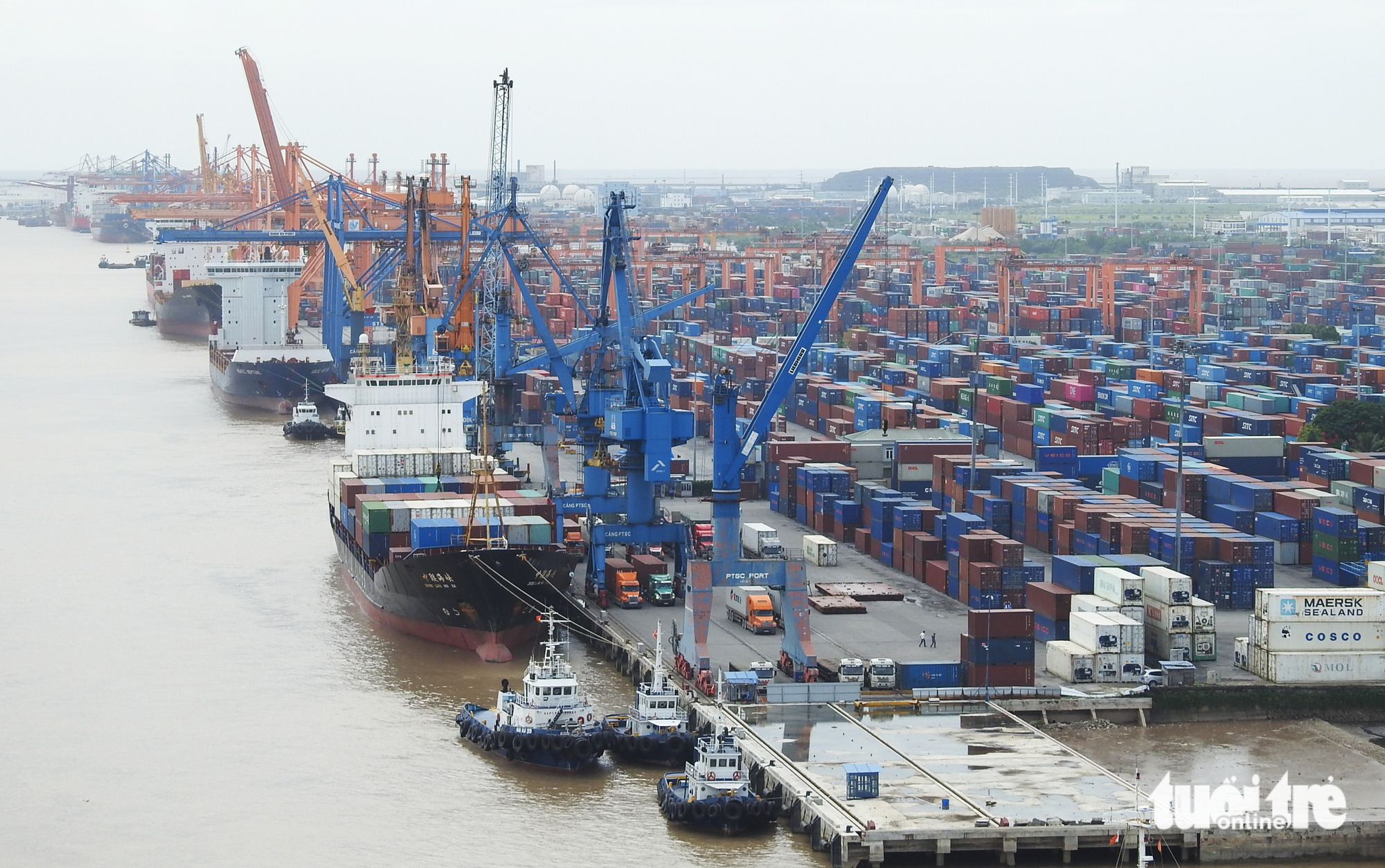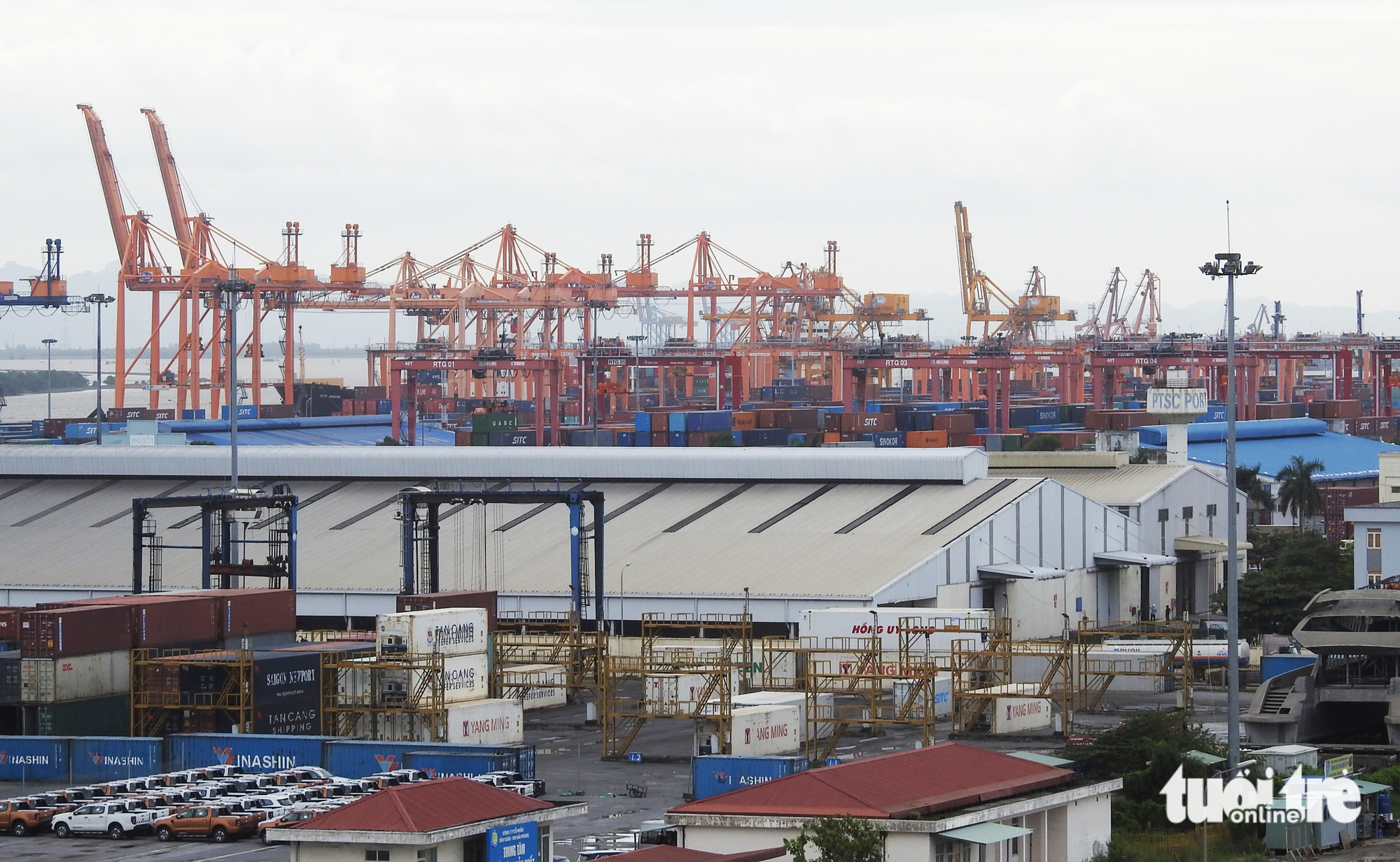The Vietnam Logistics Business Association, the Vietnam Ship Agents, Brokers and Maritime Services Providers Association, and the Vietnam Shipowners' Association have proposed solutions for reducing enterprises’ losses amid repeated power cuts in Hai Phong, a major port city in northern Vietnam.
Many members of these associations have complained about repeated power cuts in Hai Phong.
Meanwhile, ports must keep working around the clock to ensure the smooth operation of supply chains.
The repeated power outages have taken a heavy toll on ports, and seriously hit their service and equipment quality, thus threatening the labor safety and posing a high risk of losing customers.
Most power cuts are made without prior notice, catching enterprises off guard.
Each power cut often lasts for over six hours, so enterprises may have to make compensation for vessels waiting at ports.
Each vessel is subject to a fee of US$30,000-50,000 to dock at ports per day.
That is not to mention the impact on vessels’ journey and the damage of goods on the ships.
|
|
| Repeated blackouts have disrupted the operation of cold storage warehouses and many other activities at the Hai Phong Port in the namesake northern Vietnamese city. Photo: Tien Thang / Tuoi Tre |
As a result, the three associations proposed developing backup power supplies and re-allocating power for regions and sectors in a more appropriate manner with priority given to ports.
In case of irresistible power outages due to incidents, Hai Phong Power Company should inform ports of the cause of the power cuts and the planned power supply resumption time within 24 hours pursuant to the Law on Electricity.
The power supplier needs to send a written explanation to ports within eight hours. The written explanation will be an important foundation for ports to liaise with customers and shipping lines.
In case of rotational power cuts or cutting power to maintain the electricity grid, Hai Phong Power Company must have specific plans and send them to the ports or announce the plans in the mass media at least five days in advance on three consecutive days.
The company should have solutions to support and compensate for ports' losses, such as supporting the development and operation of transformation stations, power generators, and other equipment at the ports, supporting them in compensating vessels docking there longer than planned, and offering power subsidies to the ports.
In the long term, the three associations suggested preferential policies for ports and logistics enterprises pioneering in technology application, investment in and use of renewable and clean energy.
Like us on Facebook or follow us on Twitter to get the latest news about Vietnam!


















































